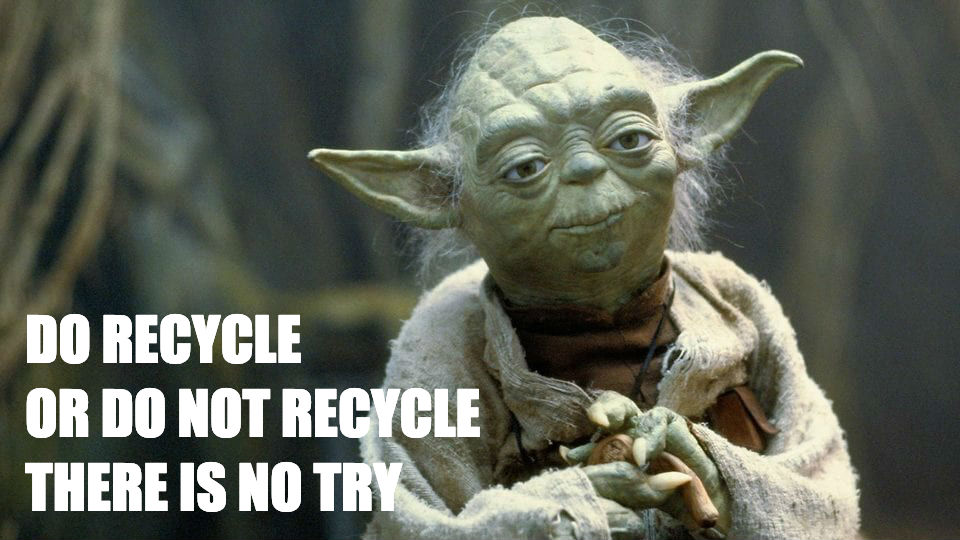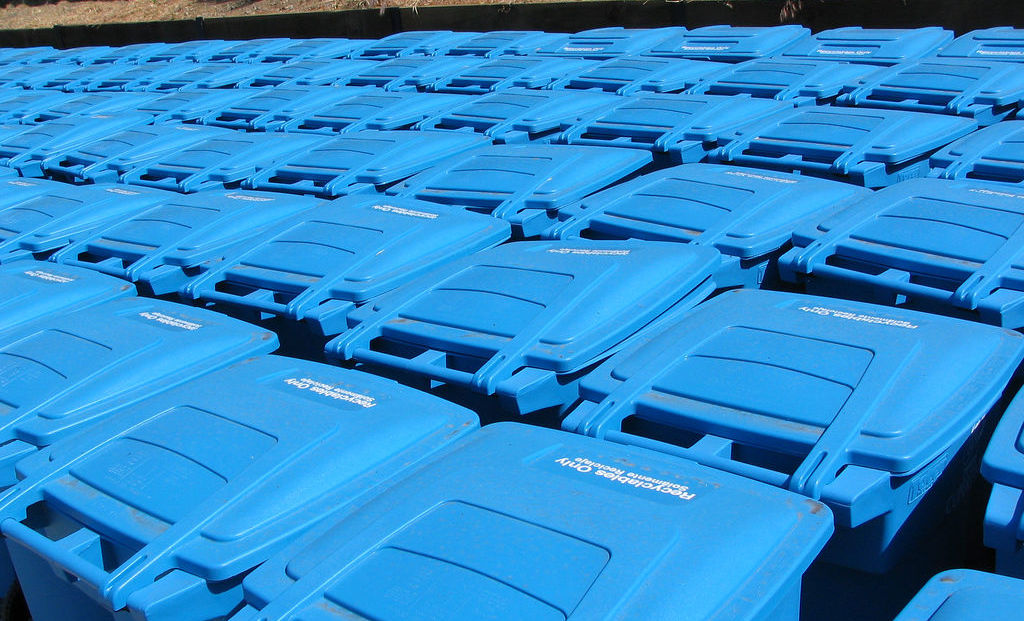Listen up, Tacoma. It’s time to face a hard, ugly truth: Most of us are really bad recyclers.
Our recycling is so highly-contaminated that the city of Tacoma is currently weighing options for what to do with it, and might take away our curbside recycling unless we agree to pay a little more each month. The problem: Bad recycling is more expensive for the city to process. (To be clear, we have always been bad at recycling, but now that China has deemed our recycling too contaminated to purchase, the city has decided they need to address it at the root—which means us.)
Did you know we used to make a little money off our recycling, which helped offset the cost of the curbside recycling service? Yeah, that’s over.
To be fair to you, Average Citizen Currently Standing With A Plastic Aquafina Bottle With A Shrink-wrapped Label And Trying To Decide What To Do With It, recycling rules can change from city to city. Sometimes you’re just not sure, so you wish-cycle it! Not sure if that peanut butter jar with some peanut butter still stuck inside is recyclable? Wish-cycle it! What’s the harm, right?
(“Wish-cycling” is the process by which you throw something in the recycling bin wholly unsure of whether it’s actually recyclable. Sometimes, people wish-cycle entire greasy pizza boxes with crust inside. I’ve seen it.)
Wish-cycling IS harmful, though, because of the following:
- those materials that aren’t recyclable DON’T end up getting recycled!
- they’re costing us money
- we’re not actually doing anything positive for the environment
- sometimes, we’re putting our friends who work in those recycling and sorting facilities at risk.
So when in doubt, throw it out. Or think of it this way: Every time you wish-cycle something you’re not 100 percent sure about, someone screams at an innocent puppy.

Below are some guidelines of what is and isn’t recyclable, thanks to the city of Tacoma’s website. This is by no means an exhaustive list—no single massive list from the City of Tacoma exists as far as we know, but we have high hopes that Councilman Ryan Mello is developing an app for that (that’s a teaser to get you to listen to Citizen Tacoma Episode 45, where we go all-in on recycling).
According to the city: Recycled materials should be CLEAN, EMPTY, and DRY. This means no peanut butter residue in the peanut butter jar, and no greasy food residue on pizza boxes. Throw your greasy pizza boxes out, people!
PAPER
Whatever you do, please keep it dry.
Recycle:
- Newspapers, magazines, catalogs, phone books
- Clean paper bags (handles are OK; remove receipts)
- White and colored paper (lined, copier, computer; staples are ok)
- Mail and envelopes (any color; window envelopes are ok)
Do not recycle:
- Paper towels, napkins, coffee cups, paper plates, wet or soiled paper, or paper with wax or plastic coating.
CARDBOARD
Again, from the city of Tacoma: Cardboard should be FLATTENED and you should remove all packing materials and liners before recycling.
Recycle:
- Corrugated cardboard boxes
- Paperboard boxes (cereal boxes, cracker boxes, shoe boxes, etc.)
PLASTIC
The city says we need to empty and rinse all plastic recyclables, but the screw-on lids can stay on when you recycle plastic.
Recycle:
- Plastic bottles (plastic soda and water bottles; shampoo bottles, etc.)
- Plastic jugs (milk, juice, detergent, etc.)
- Plastic jars (peanut butter, sauce, mayonnaise; etc.)
- Plastic tubs (yogurt, sour cream, cottage cheese, etc.; remove flat snap-on lids)
Do not recycle:
- Take-out containers, “clamshell” containers that often hold berries or a nice slice of cheesecake from Met Mart, food wrap, straws, or drink cups and lids
- SURPRISING NO-NO: You know that flat plastic lid on your sour cream container? Not recyclable. According to the city, these cause problems during the sorting process and tend to jam the machinery.
- SORT OF OBVIOUS NO-NO: DO NOT RECYCLE any bottle that has had medication in it (even an Aspirin bottle) because the residue from the medication can become a hazard for the people working in the material recovery facility.
- NEW NO-NO: According to Solid Waste Management Division Manager Lewis Griffith, plastic bags are a hazard to machinery and to the human beings who work in the material recovery facility (they have to dig them out of said machinery) and should NOT be recycled — even though the city’s website currently says they can be (um, confusing).
METAL
Again, empty and rinse all materials.
Recycle:
- Aluminum beverage cans
- Metal cans (soup, vegetables, pet food; ok to leave lid attached)
- Empty aerosol cans (hairspray, cleaners, spray paint; must be completely empty)
Do not recycle:
- Metal bottle caps and lids, unattached metal can lids, wire coat hangers
- BRING TO THE RECYCLE CENTER: Scrap metals (large and small metal items, including metal lids) are accepted at the Recycle Center at 3510 S. Mullen St.
GLASS
Say it with me now: Empty and rinse! And please only put them in the glass recycling container.
Recycle:
- Glass bottles (soda, juice, milk, beer, wine bottles)
- Glass jars (soup, sauces, jams, etc.)
Do not recycle:
- Broken glass, windows, light bulbs, bakeware, glass dishes, mirrors, ceramics, vases, drinking glasses, eyeglasses
BATTERIES
This is straight from the city’s website:
- Seal household (alkaline) batteries inside a clear plastic bag and place in curbside glass recycling bin, or drop off at the Recycle Center.
- Drop off other types of batteries, including vehicle, button, lithium, and nickel-cadmium at the Household Hazardous Waste Facility, 3510 S. Mullen St.
This article was originally published for members-only before being made available to the public. If you want to see articles when they’re published, please join Channel 253 as a member and help us sustain and grow our podcasts, events, and now written reporting!

